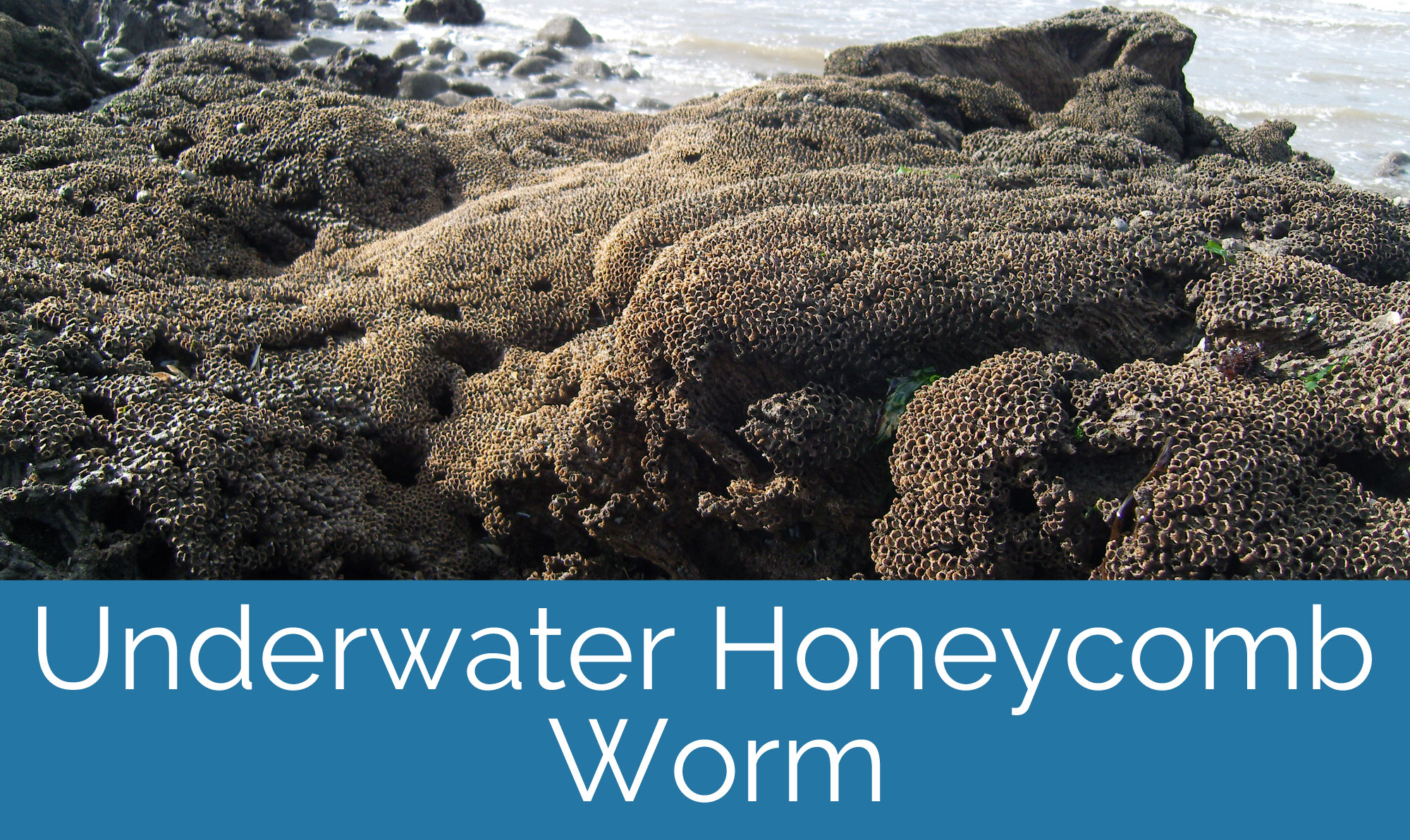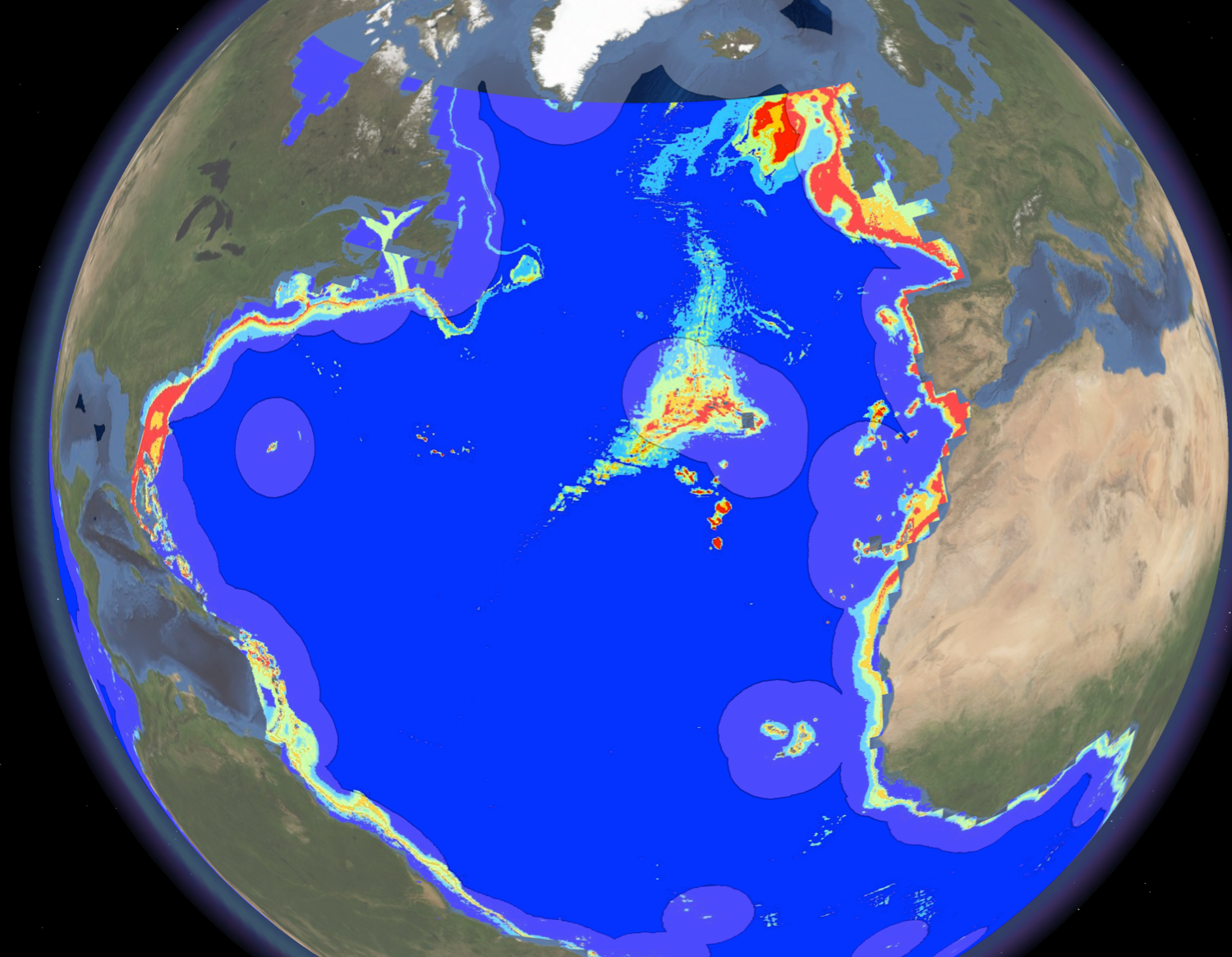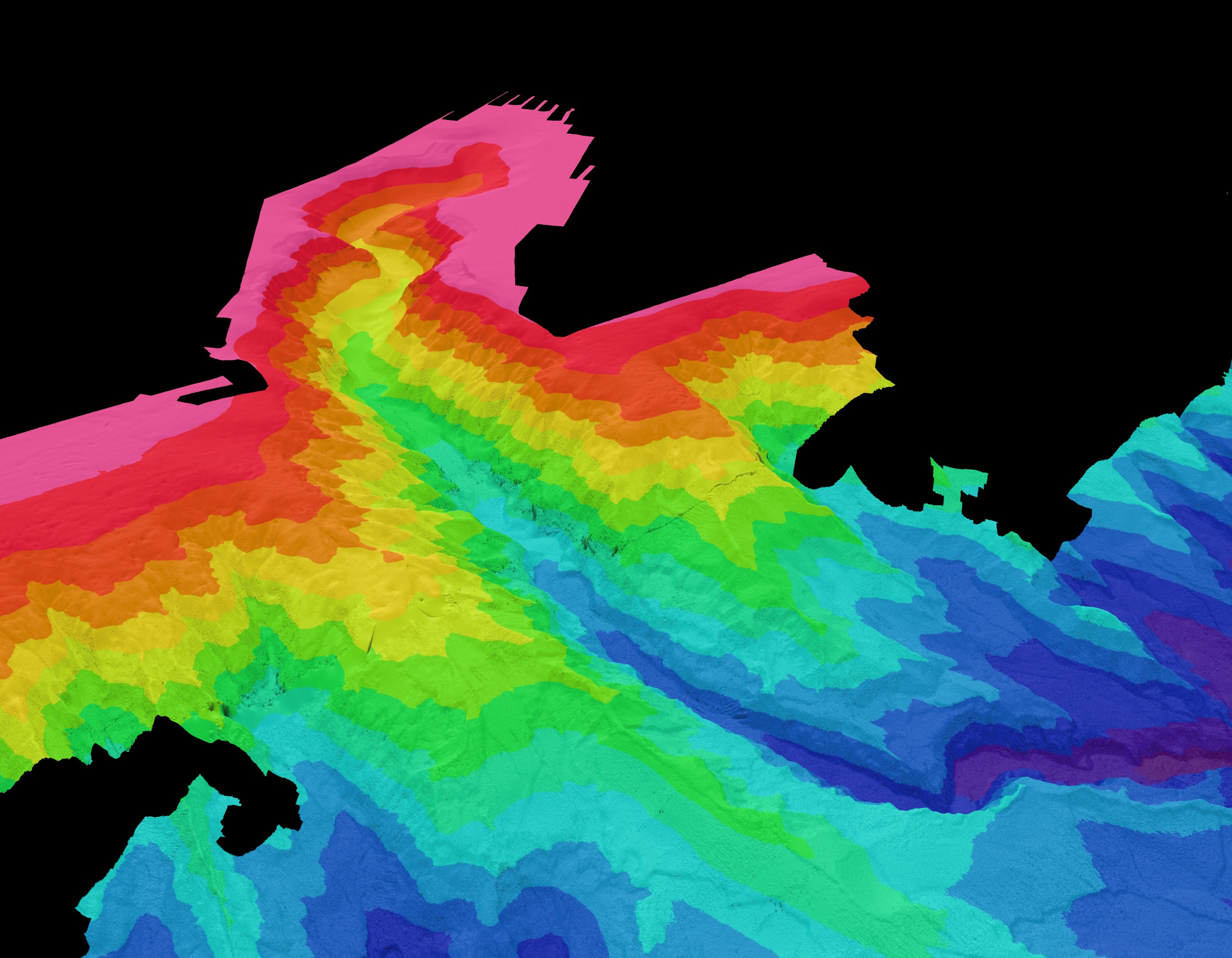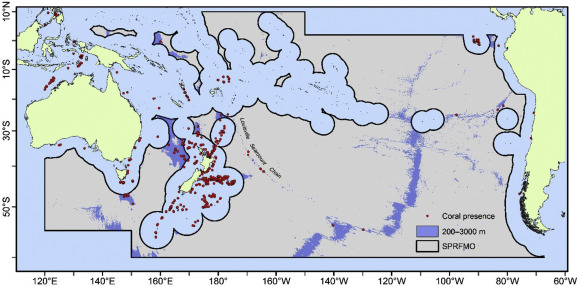Andrew Davies is a marine biologist at the University of Rhode Island in the USA. He works on reefs, using a mixture of natural history observation, experimentation and novel technologies to untangle the ecology of these enigmatic habitats.
This website contains many of Andy’s outputs and contains more information on projects, papers and various other items that you may find interesting. The video to the left shows some interesting elements of research, and if you wish to see a subtitled version, please watch it on youtube.
You can request PDFs of papers via email, and they will usually be with you shortly. But check your spam boxes if you don’t get it as sometimes it ends up in there. If you’re interested check out below for various links to online profiles.
My research group is called marecotec, short for marine ecology technology, you can check out our website here.
Most recent news and papers
What happens when Sabellaria is underwater?
In the Summer of 2016, Eleanor Pawley (a Summer Research Bursary Student) and I collected some underwater footage of Sabellaria alveolata reefs (aka the Honeycomb Worm). Whilst only spanning about an hour and a half, the video (dark and grainy I know) captures a huge…
PhD position available in spatial ecology NERC DTP ENVISION
Start date October 2017, application deadline Friday 6th January 2017. Apply here. Ever thought of undertaking a PhD? Gareth Williams, Jonathan Roberts and I have a unique opportunity in an exciting PhD project funded through the ENVISION DTP (NERC)….
Predictive habitat modeling for deep-sea corals in US waters
Predictive habitat modeling for deep-sea corals in US waters Guinotte JM, Georgian S, Kinlan BP, Poti M, Davies AJ In this Spot Light article in the The State of Deep-Sea Coral and Sponge Ecosystems of the United States 2015, we discuss recent efforts in predictive…
Distributions and habitat associations of deep-water corals in Norfolk and Baltimore canyons
Distributions and habitat associations of deep-water corals in Norfolk and Baltimore canyons, Mid- Atlantic Bight Brooke SD, Watts MW, Heil AD, Rhode M, Mienis F, Duineveld GCA, Davies AJ, Ross SW A multi-disciplinary study of two major submarine canyons, Baltimore…
The effect of flow speed and food size on the capture efficiency and feeding behaviour of the cold-water coral Lophelia pertusa
The effect of flow speed and food size on the capture efficiency and feeding behaviour of the cold-water coral Lophelia pertusa Orejas C, Gori A, Rad-Menéndez C, Last KS, Davies AJ, Beveridge CM, Sadd D*, Kiriakoulakis K, Witte U, Roberts JM * Dan was a student on the…
Field validation of habitat suitability models for vulnerable marine ecosystems
Field validation of habitat suitability models for vulnerable marine ecosystems in the South Pacific Ocean: Implications for the use of broad-scale models in fisheries management Anderson OF, Guinotte JM, Rowden AA, Clark MR, Mormede S, Davies AJ, Bowden DA Management…








